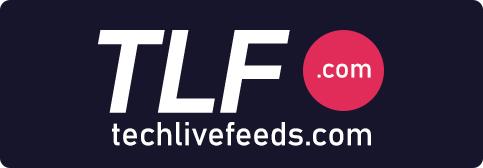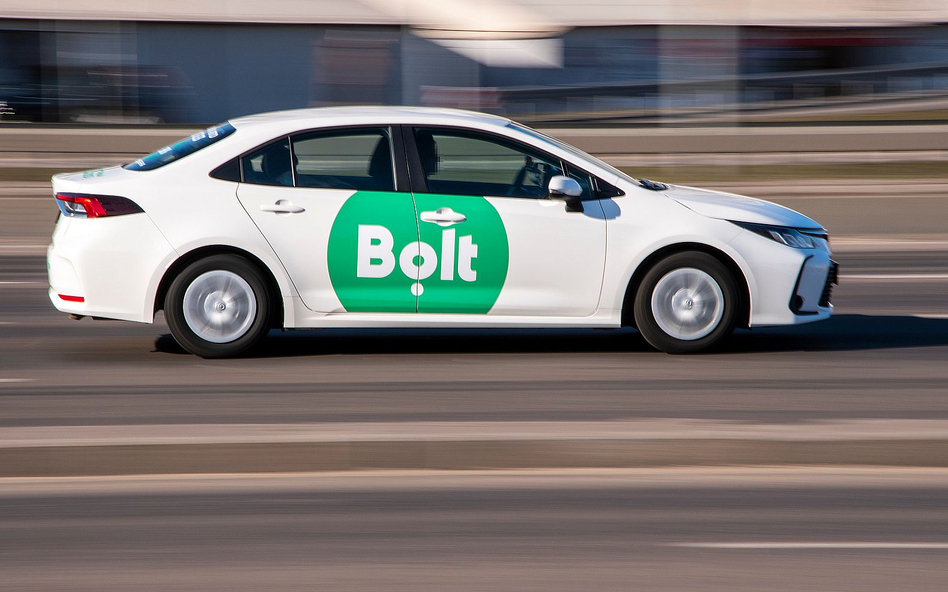Bolt, the ride-hailing giant, has rolled out a new flexible pricing system. This system allows passengers to offer higher fares to drivers during high-demand periods, increasing their chances of getting a ride.
Recently, it’s become more common to experience delays of over 10 minutes when booking rides on leading ride-hailing apps. One major reason for this is the struggle to attract enough drivers to the gig economy.
Pricing is a key issue. Over the past year, drivers have been vocal about their shrinking earnings. Fuel prices nearly doubled after a subsidy was removed in May 2023, and the commissions taken by ride-hailing companies have further squeezed their margins. Passing these costs to customers is challenging due to fierce competition and the fact that many Nigerians are already burdened by rising inflation.
Bolt’s new bidding system, similar to what competitor inDrive introduced in Nigeria, aims to motivate drivers to accept more trips, especially during peak times. “The benefit for the driver is that they earn more. [The] same standard commission applies to all trips,” said Femi Adeyemo, Bolt’s communication manager.
Typically, ride-hailing companies like Bolt and Uber use base fares and surge pricing during high-demand periods to attract drivers. However, surge pricing is algorithm-driven and doesn’t allow for driver input in fare negotiations.
By allowing drivers to directly negotiate with customers for a fair fee, Bolt hopes to reduce wait times, a strategy that has helped inDrive gain popularity. While this new system gives drivers more bargaining power with customers, they are still striving for more influence over company decisions.
For now, they’ve gained a small win, but the bigger battle for a voice in company policies continues.




